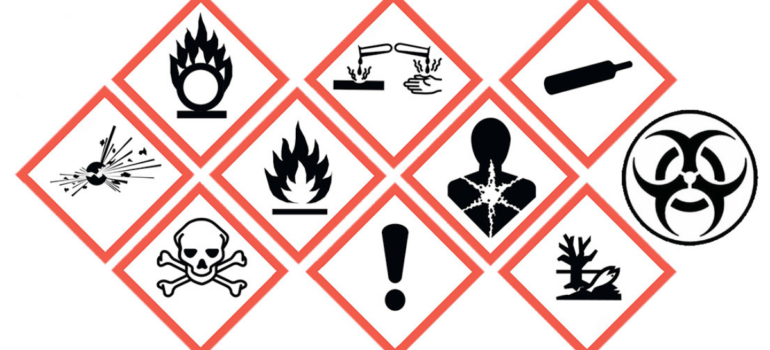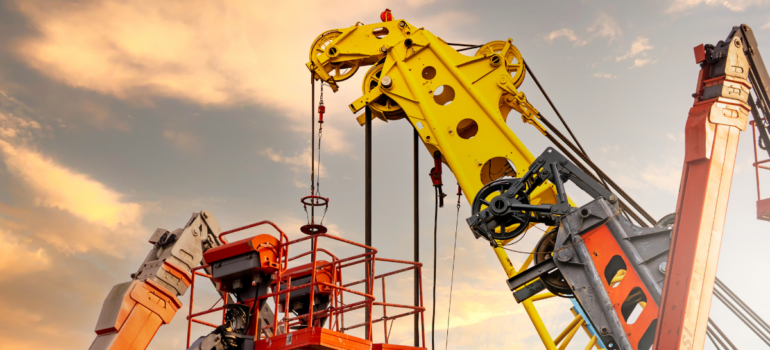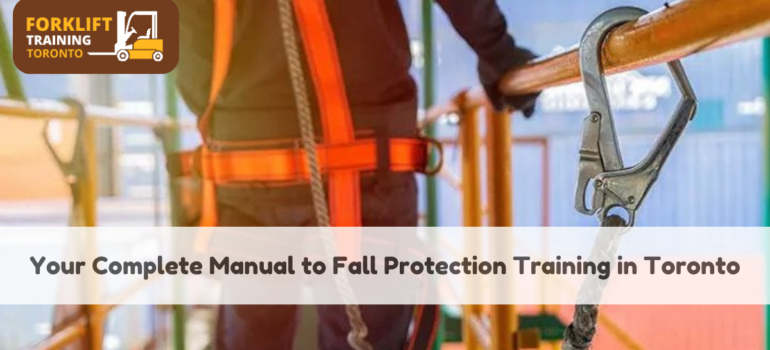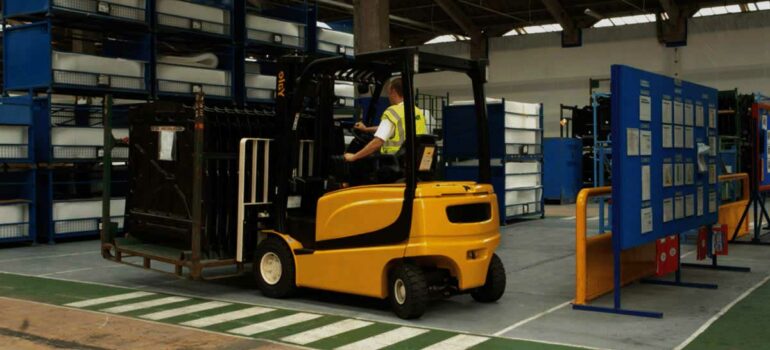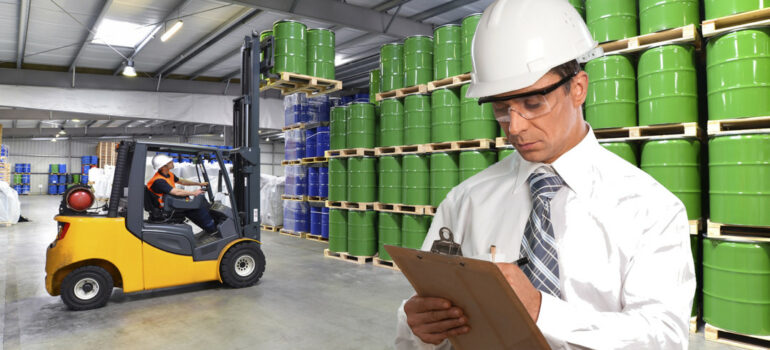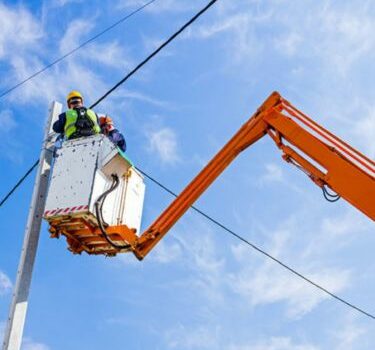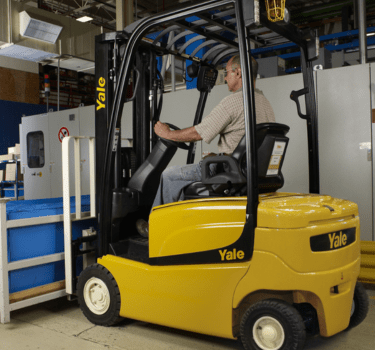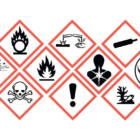First Aid &CPR Training in Toronto – A Complete Guide.
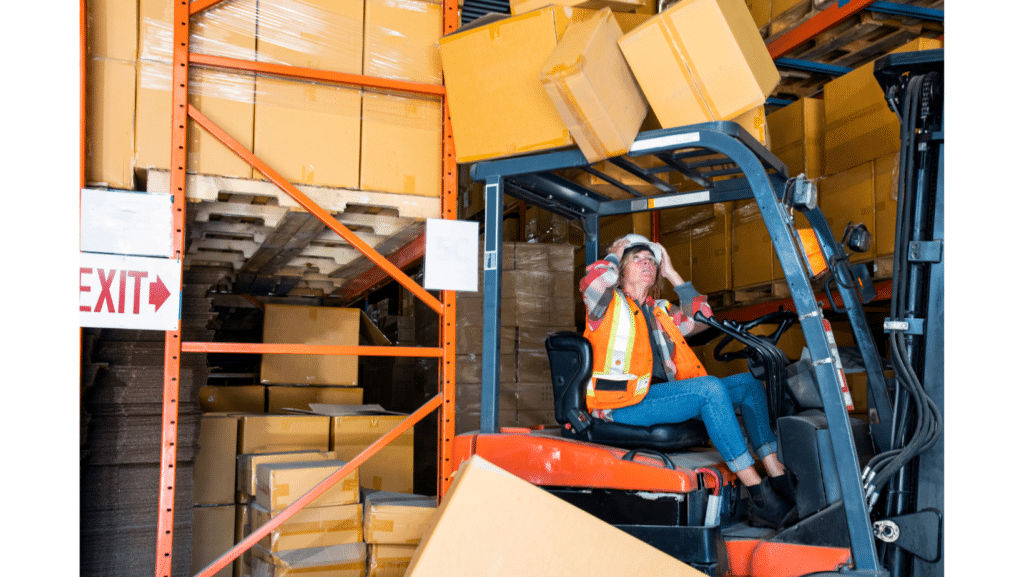
The right skills and knowledge in an emergency can mean the difference between life and death. First aid and CPR (Cardiopulmonary Resuscitation) are lifesaving skills that can come in handy at work, at home, or around public places. In this guide, we are going to look into First Aid & CPR Training in Toronto and what it is you need to know about the courses on offer, their significance, and how you can get certified.
Why First Aid & CPR Training is important?
Emergencies can occur at any time, in any place. Without any training or education, you may be an eyewitness to unfortunate life events, such as heart attacks, choking incidents, workplace injury accidents, etc. This is why First Aid & CPR Training in Toronto is necessary:
- Saves Lives – Techniques such as CPR and first aid can save lives by offering immediate treatment before professional assistance arrives.
- Decreases Recovery Time – Prompt delivery can lessen the severity and hasten recovery:
- Improve Workplace Safety – Numerous professions, including those in construction, warehouses, and industrial sectors, need employees trained in first aid and CPR.
- Compliance with Legal and Occupational Obligations – Several professional fields need employees to be competent in First Aid and CPR according to the occupational health and safety laws.
- Provides Emergency Confidence — There won’t be a panic because you’ll know what to do in an emergency and gain control of the situation.
What is Covered in a First Aid & CPR Course?
Generally, the First Aid & CPR Training in Toronto course comprises a mix of theoretical and practical lessons under the following headers:
First Aid Training
- BASIC LIFE SUPPORT (BLS) – BLS provides training on basic lifesaving techniques, cardiopulmonary resuscitation (CPR), and how to assess various medical emergencies.
- Wound Care – How to clean, cover, and care for various injuries, from cuts to burns and fractures.
- Choking – Overview of how to assist someone who is choking (back blows; abdominal thrusts).
- Poisoning and Allergic Reactions – How to respond to poisoning and anaphylactic shock.
- Shock Management– Get to know the signs of shock and how to provide adequate care.
- Sprains, Strains and Fractures — Emergency care options to prevent further injury.
CPR Training
- Adult, Child, and Infant CPR – Learn how each technique varies among age groups.
- Using an Automated External Defibrillator (AED) – Restoring Normal Heart Rhythm in Cardiac Arrest.
- Rescue Breathing – On how to do mouth-to-mouth and mouth-to-mask resuscitation properly.
- Chest compressions – Depth, rate, and mechanics of chest compressions.
First Aid & CPR Certification in Toronto – Types
There are several certification levels available based on the training requirement and its purpose:
- Basic First Aid & CPR – Ideal for those who wish to acquire basic first aid and CPR skills for personal use.
- Standard First Aid & CPR (Level C) – This is the most inclusive First Aid & CPR training available and is often required in industries and workplaces.
- Emergency First Aid & CPR — A condensed version that covers the essential first aid and cardiopulmonary resuscitation skills most workplaces with lower risks require.
- CPR/AED Certification – These courses only cover CPR techniques and the use of an AED.
- Advanced First Aid – For use by professionals and additional training of advanced aid professionals, for example, paramedics, nurses, and first responders.
Who Needs First Aid & CPR Training in Toronto?
First Aid & CPR Training in Toronto is good for everyone. However, it is particularly important for:
- Healthcare Workers – For professionals like Nurses, Paramedics, and Caregivers, it is crucial.
- Employees – Workplace personnel, especially those who work in the manufacturing and industrial sectors.
- Childcare Workers– These workers are surrounded by children and infants all the time. First aid training will guide you to deal with emergencies like choking.
- Security guards – They are usually the first responders in emergency situations.
- Parents & Caregivers – For the safety of your kids and family members.
Where to Get Certified in Toronto?
There are various organizations that offer First Aid & CPR Training in Toronto. Forklift Training Toronto is one of them. We offer top-quality training programs with flexible schedules and customized courses for workplace training. Our training program and institute are accredited and recognized by government agencies and various employers. We not only provide detailed theoretical knowledge but also offer hands-on training on the latest technology equipment like AED stimulators. We have small size classes so that our experienced instructors can give proper attention to each student.
What to Expect During the Course ?
First Aid & CPR Training courses typically include:
- In-class lessons – Covering theoretical knowledge and emergency response guidelines.
- Practical training – Hands-on training using mannequins and AED simulators for CPR practice.
- Scenario-based learning – Group activities to practice responses to various simulated emergencies.
- Final exam and certification – A final test is conducted to assess understanding. Upon successful completion, a certification is issued.
Final Thoughts
Enrolling in a First Aid & CPR Training in Toronto course is an investment. It not only offers safety and the well-being of people around you but also equips you with a life-saving skill that can save lives in emergencies. Doesn’t matter if you need first aid training for work or you simply want to enhance your skills, first aid and CPR training equip you with life-saving skills.
With a flexible schedule and professional team available at Forklift Training Toronto, getting certified has never been easier. Don’t wait until an emergency happens—enroll today and become a certified first aider in Toronto

